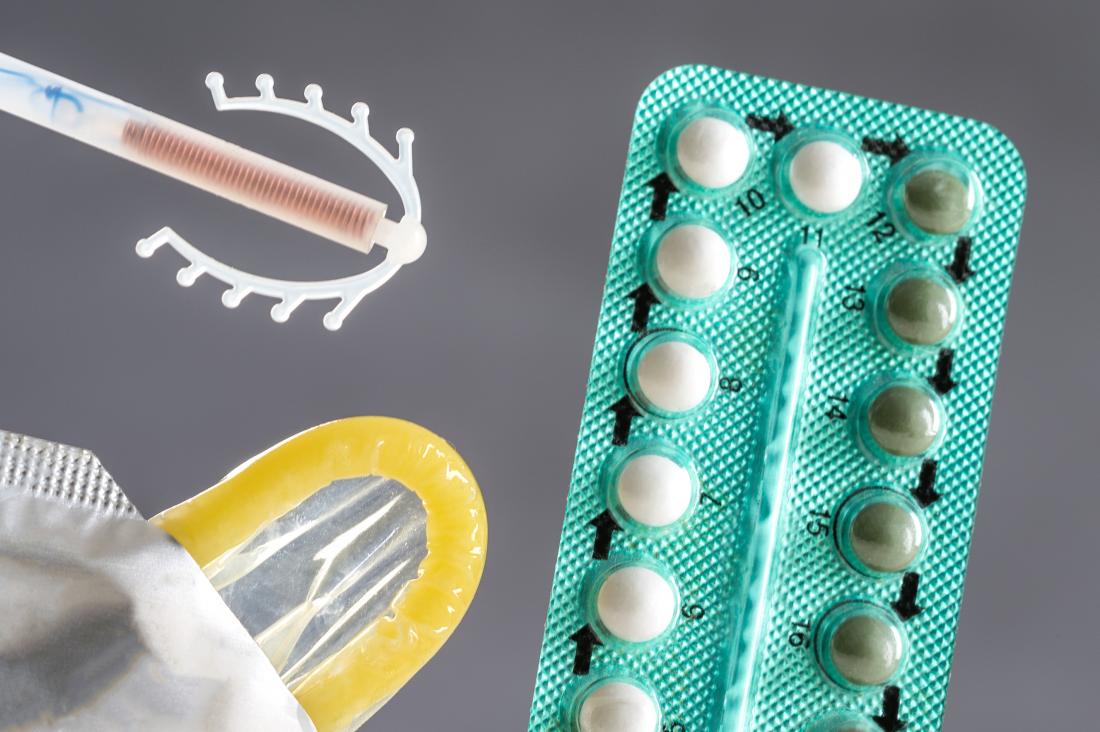Contraception Methods - Birth Control Options

What is Contraception?
Birth control, also known as contraception, refers to medication or equipment used in an effort to prevent pregnancy. AMVI Hospital is dedicated to finding the contraceptive that fits your lifestyle.
Birth control methods may work in a number of different ways:
- Preventing sperm from getting to the eggs. Types include condoms, diaphragms, cervical caps, and contraceptive sponges.
- Keeping the woman's ovaries from releasing eggs that could be fertilized. Types include birth control pills, patches, shots, vaginal rings, and emergency contraceptive pills.
- IUDs, devices which are implanted into the uterus. They can be kept in place for several years.
- Sterilization, which permanently prevents a woman from getting pregnant or a man from being able to get a woman pregnant
Why it's done
Typically, contraceptives are used to prevent pregnancy. However, oral contraceptives have added benefits, including:
- Regulation of menstrual periods
- Decreased uncomfortable symptoms associated with your period
- Improvement of acne
- Reduction of symptoms associated with endometriosis and polycystic ovary syndrome.
Treatment types
There are several birth control methods available through a recommendation and prescription from your physician, including:
- Oral contraceptives — Oral contraceptives, also known as birth control pills, are medications that prevent ovulation by managing pituitary hormone secretion. This daily medication contains estrogen and progestin.
- Mini-pill — Unlike normal birth control pills, the mini-pill only contains progestin. This daily medication thickens cervical mucus, which inhibits sperm from reaching the egg. Other benefits include decreased flow of menstrual bleeding and protection from pelvic inflammation disease, ovarian cancer and endometrial cancer. Your doctor may prescribe the mini-pill if you are concerned with combination birth control pills, have certain health issues, or if you are breastfeeding.
- Implanon — An implanon is a thin, small plastic rod, which is inserted under the skin to prevent pregnancy. Over a three-year period, the rod releases etonogestrel into the body. Etonogestrel works to prevent ovulation during your period. In addition, it makes vaginal fluid thicker in an effort to stop sperm from reaching an egg, and alters the lining of the uterus to prevent attachment of an egg. This device must be inserted through a minor surgical procedure.
- Intrauterine device (IUD) — An IUD is a small, t-shaped device that is inserted into your uterus through the cervix by your physician. An IUD prevents an egg from attaching to the wall of the uterus and from being fertilized in the fallopian tubes. IUDs can be copper, or contain hormones. IUDs containing hormones should be replaced every year and copper IUDs can last up to 10 years.
- Nonsurgical sterilization — A nonsurgical sterilization involves a thin tube, which is inserted through the vagina, to the uterus and into each fallopian tube. Material in the device causes your body to develop scar tissue, sealing off the tubes permanently.
- Depo-Provera — Depo-Provera is a contraceptive injection that contains progestin. The shot is administered every three months. Depo-Provera prevents ovulation, in addition to thickening cervical mucus to keep sperm from reaching an egg.
- Patch — The birth control patch is a thin, beige piece of plastic worn on the body that releases estrogen and progestin into the bloodstream.
- Hormonal vaginal contraceptive ring — The contraceptive ring is a small, flexible ring. This ring, which is inserted through the vagina, gives off progestin and estrogen. It also thickens cervical mucus to keep sperm from getting to an egg. It stays in place for three weeks.
- Cervical cap and diaphragm — Cervical caps and diaphragms are rubber cups shaped like domes with flexible rims. They are inserted through the vagina to shield the cervix. Cervical caps are smaller than diaphragms and can be left in for a longer period of time.
Surgical techniques that prevent pregnancy include:
- Hysterectomy — A hysterectomy is the surgical removal of the uterus. This form of birth control is irreversible.
- Tubal ligation — Tubal ligation is surgical procedure that cuts, seals, or bands the fallopian tubes, which prevents an egg from being delivered to the uterus. Although tubal ligations can be reversed, the reversal operation is not always successful

When deciding what type of contraceptive to use, it is necessary to have an open, honest conversation with your doctor. Your physician will most likely do a Pap test, an examination of cells collected from your cervix or vagina, in addition to uncovering the risks associated with each treatment based on your lifestyle. AMVI Hospital’s health professionals are proactive about finding the contraceptive treatment that benefits you the most.







